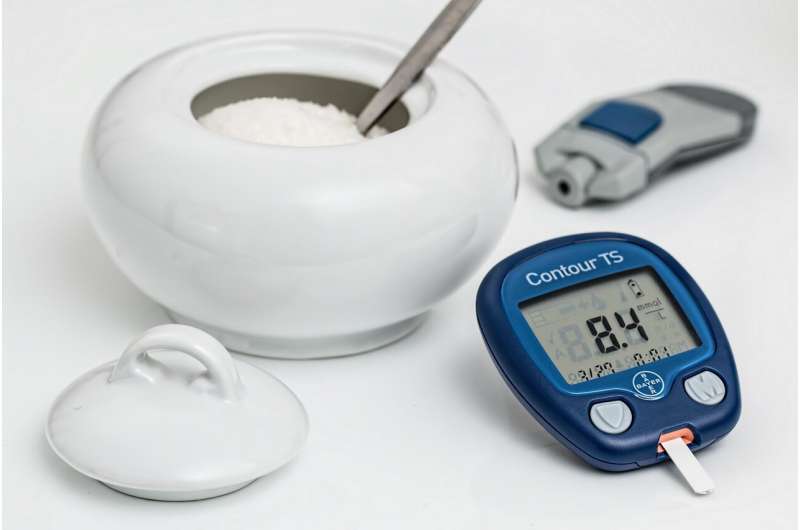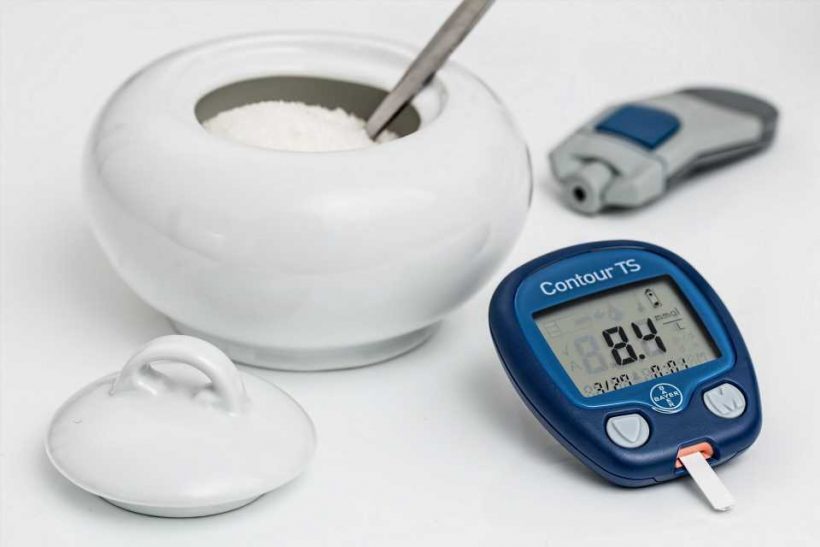
People with diabetes are benefiting from advances in medications and technologies to lower their risk of hypoglycemia, according to a Clinical Practice Guideline issued today by the Endocrine Society.
The guideline, titled “Management of Individuals with Diabetes at High Risk for Hypoglycemia: An Endocrine Society Clinical Practice Guideline,” was published online and will appear in the March 2023 print issue of The Journal of Clinical Endocrinology & Metabolism.
Hypoglycemia is the term for episodes of dangerously low blood sugar in people with diabetes. Patients with severe hypoglycemia may experience unconsciousness or seizures, and the condition can significantly affect a person’s quality of life, social life, work productivity and ability to drive safely. It is common in people with type 1 diabetes, and in those with 2 diabetes who are taking insulin or sulfonylureas, and many people do not experience or recognize the symptoms.
Hypoglycemia is identified as one of the top three preventable adverse drug reactions by the US Department of Health and Human Services. Between January 2007 and December 2011, emergency department visits for therapy-associated hypoglycemia among Medicare beneficiaries resulted in more than $600 million in spending.
This guideline updates the Society’s 2009 inpatient hypoglycemia guideline and focuses solely on people with diabetes-related hypoglycemia. It incorporates recommendations to treat and manage hypoglycemia more effectively using new insulins and forms of glucagon, and advancements in continuous glucose monitoring (CGM) and insulin pump technology.
“CGMs and insulin pumps have been much more commonly used in the last decade among people with diabetes including children, and there are new forms of glucagon available. We had to update our guideline to match these developments in the diabetes field,” said Anthony L. McCall, M.D., Ph.D., of the University of Virginia in Charlottesville, Va. McCall is the chair of the panel that wrote the guideline. “People with diabetes, their caregivers and diabetes specialists will all benefit from our guideline with a better understanding of best practices and interventions.”
Key recommendations from the guideline include:
- Prescribing easier-to-use formulations of glucagon for people with severe hypoglycemia;
- Leveraging CGM rather than self-monitoring of blood glucose by fingerstick for patients with type 1 diabetes receiving multiple daily injections;
- Conducting inpatient glycemic surveillance and management programs leveraging electronic health record (EHR) data for inpatients at risk for hypoglycemia; and
- Utilizing structured patient education programs for adult and pediatric patients with type 1 diabetes or type 2 diabetes receiving insulin therapy.
Source: Read Full Article
